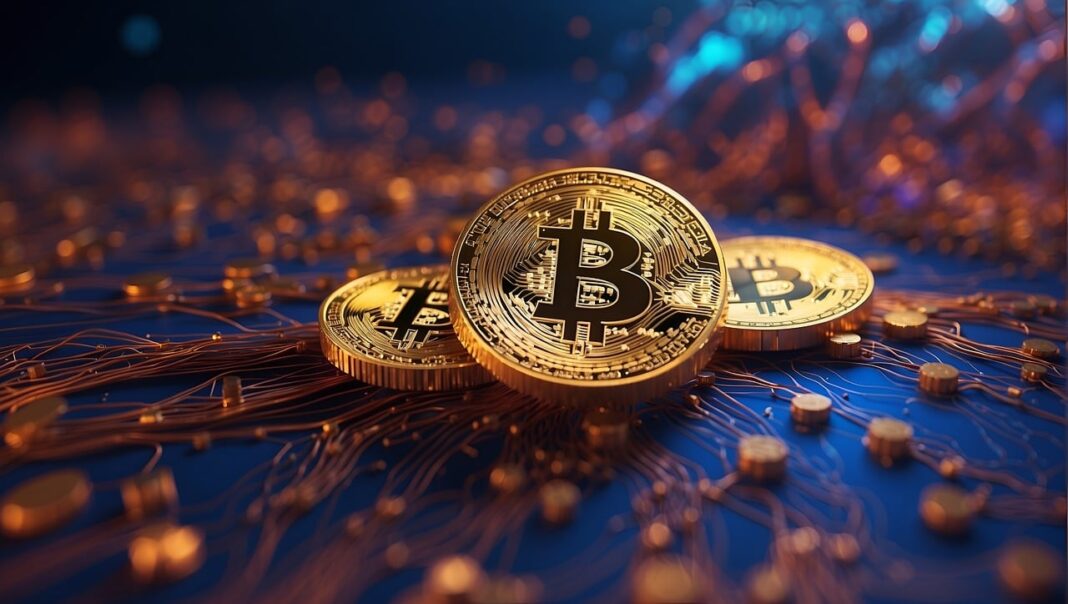More and more cryptocurrency companies are quickly launching tokens that are linked to real stocks. This has raised worries among regulators and big Wall Street companies, who say that the lack of rules in this market could put investors at risk without them knowing.
Main Points:
- Big crypto companies like Robinhood, Gemini, and Kraken are starting to offer trading for tokenized stocks.
- Many of these tokens do not give ownership or voting rights, which makes investors face risks from other parties involved.
- Supporters say that controlled tokenization could make traditional markets clearer, more efficient, and easier for people to access.
Supported by President Donald Trump’s support for cryptocurrencies and his promises of better regulations, the crypto industry is trying to take advantage of growing interest from investors by making traditional stocks and blockchain products look more similar.
Robinhood, Gemini, and Kraken are leading the way in offering tokenized stocks
Companies like Robinhood, Gemini, and Kraken are now allowing people in Europe to trade tokenized stocks. Meanwhile, Coinbase, Robinhood, and a new company called Dinari are trying to get permission to do the same in the US.
Even Nasdaq wants to offer tokenized shares, showing that many people are interested in it.
Supporters say this technology could speed up stock trading and make it easier by letting people trade anytime, day or night, and by settling trades right away.
The market for public stocks that are tokenized and aimed at retail investors has grown to $412 million, rising from just a few million last year, as reported by RWA. xyz
But experts say that many of these tools don’t have the legal protections and rights that come with real shares, like ownership or the ability to vote.
Instead, they usually act like derivatives, putting buyers at more risk from other parties involved.
“You are purchasing shares using special tools,” said Diego Ballon Ossio from Clifford Chance. You have to take on more responsibility to know exactly what you are buying.
Some companies, like Ondo Finance and Dinari, say they support their tokens with real stocks at a one-to-one ratio. Other companies just try to copy the price changes.
Robinhood’s token related to OpenAI faced criticism after OpenAI stated that it had not approved the listing.
At the same time, Citadel Securities and other Wall Street companies have asked regulators to impose stricter rules. They are concerned that turning assets into tokens might reduce the amount of cash available in public markets.
Even though some people are against it, supporters like Kraken and Ondo Finance believe that good tokenization can make things clearer and keep investors safer.
The World Federation of Exchanges wants tougher rules but is in favor of controlled efforts like the proposal from Nasdaq.
Tokenized real-world assets could open up a $400 trillion traditional finance market
A new study by the Web3 company Animoca Brands says that turning real-world assets into tokens could open up a $400 trillion market in traditional finance.
Animoca researchers Andrew Ho and Ming Ruan said that the worldwide market for private loans, government debt, products, stocks, alternative funds, and bonds has a lot of potential for growth.
“They explained that the estimated $400 trillion market for traditional finance shows a big opportunity for growing asset tokenization. ”
At the same time, a report from the 2025 Skynet RWA Security Report says that the market for tokenized real-world assets (RWAs) could reach $16 trillion by 2030.
USthat is divided into tokens. This year, Treasuries are expected to total $4. 2 billion, mainly because of short-term government bonds.
Interest from big companies is growing. Large banks, investment firms, and companies focused on blockchain are looking into tokenization to manage profits and cash flow.


